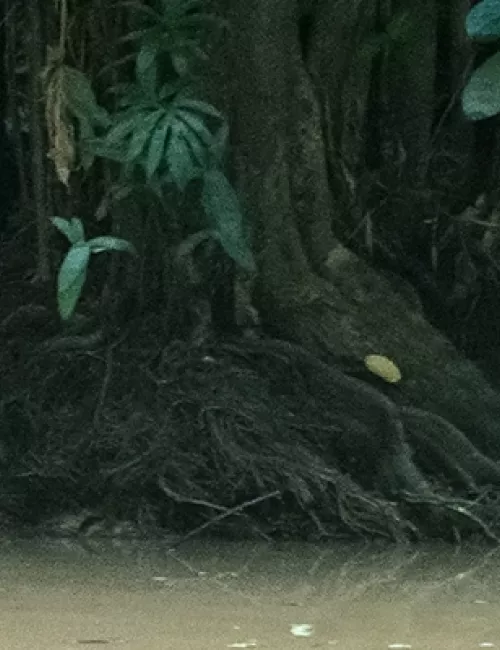Stability of Altered Forest Ecosystems (SAFE) project explores how forest biodiversity and ecosystem function vary along a gradient from intact forests (Maliau Basin), through to logged forest, fragmented forest and oil palm plantations in Sabah, Malaysian Borneo.
As one of the largest ecological experiments in the world, the SAFE Project studies how biodiversity and ecosystem function change as forests are modified by human activities. It also explores whether preserving sections of forest within modified landscapes and around waterways can protect biodiversity and ecosystem function, and how much protection is needed to be effective.
In association with SAFE, the BALI project (Biodiversity and Land Use Impacts on Tropical Ecosystem Function) is a large NERC funded consortium project looking at the interactions between biodiversity and biogeochemical functioning along disturbance gradients in Borneo.
Our work
The SAFE project encompasses an extensive gradient of land use intensity, representing a progressive increase in the degree of forest modification. Between the logged forest and agriculture land uses, SAFE will experimentally fragment a landscape of logged forest that is being converted to oil palm plantation. This experiment will leave behind six landscape blocks that will vary in the total amount of forest cover.
- Continuous old growth forest
- Continuous logged forest
- Logged and fragmented forest
- Oil palm agriculture
The SAFE Project includes more than ten levels of habitat modification, spanning a massive range of human impacts from no impact, through resource extraction into partial habitat conversion, across progressively more intensive land uses and culminating in one of the world’s most intensive forms of agriculture.

